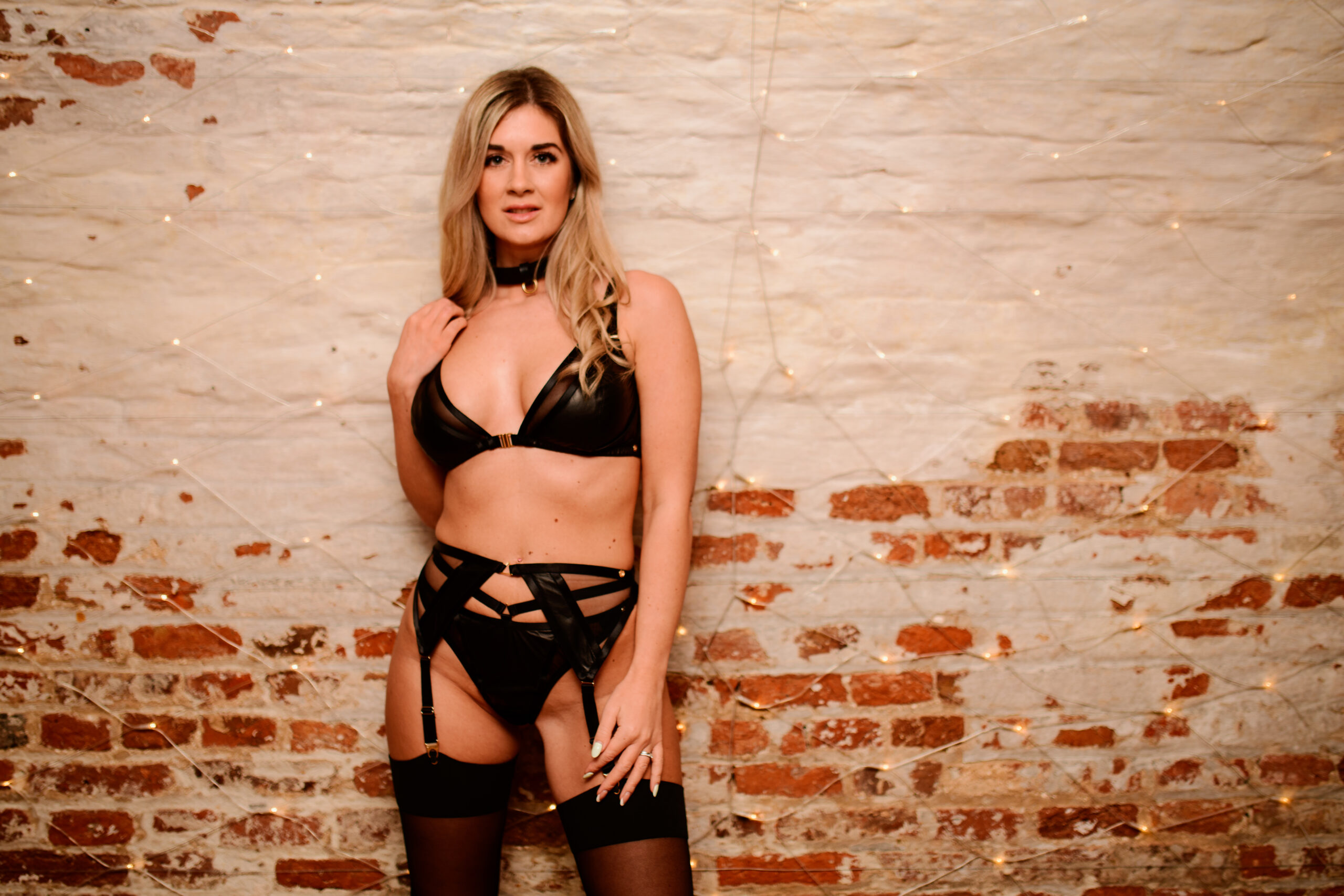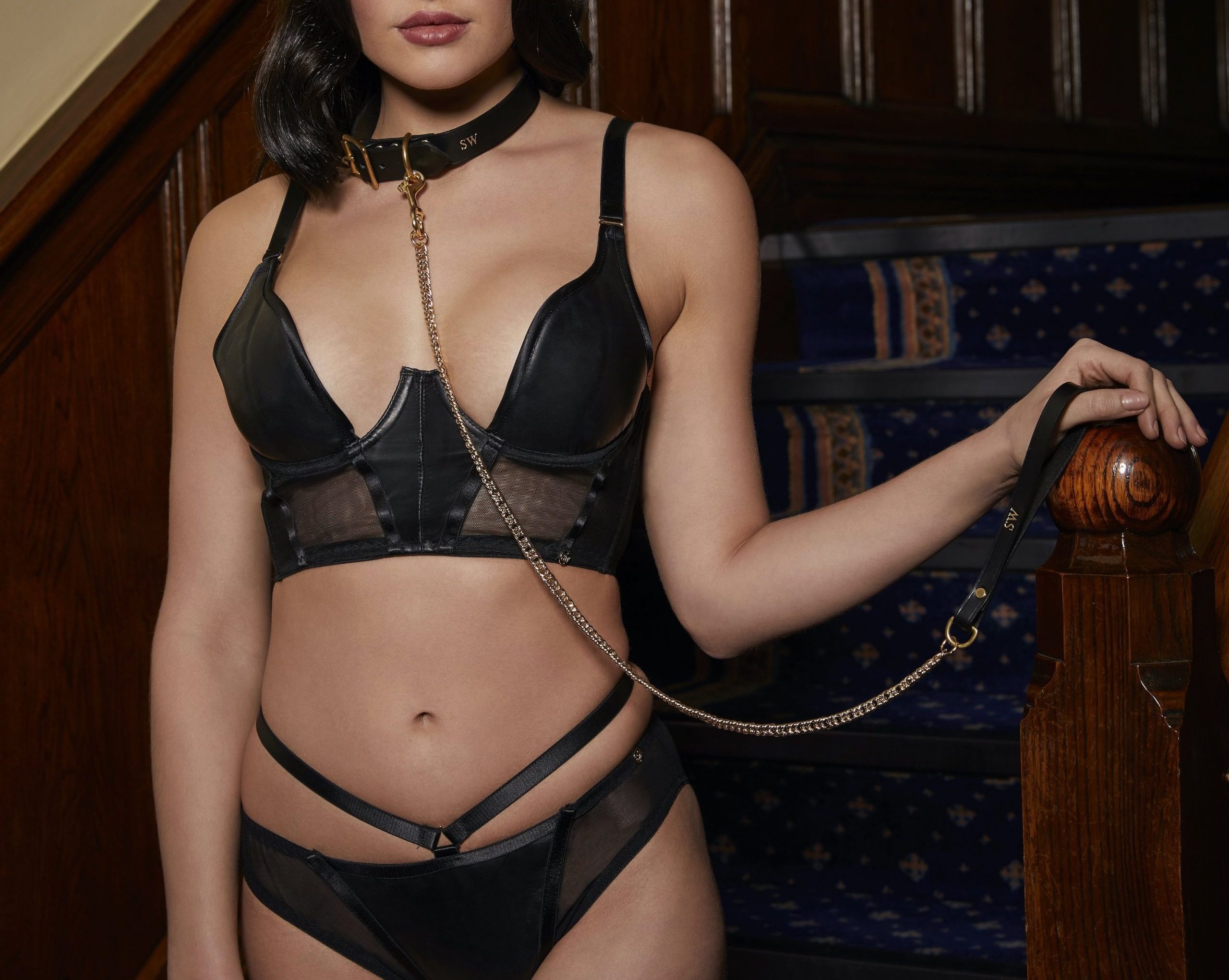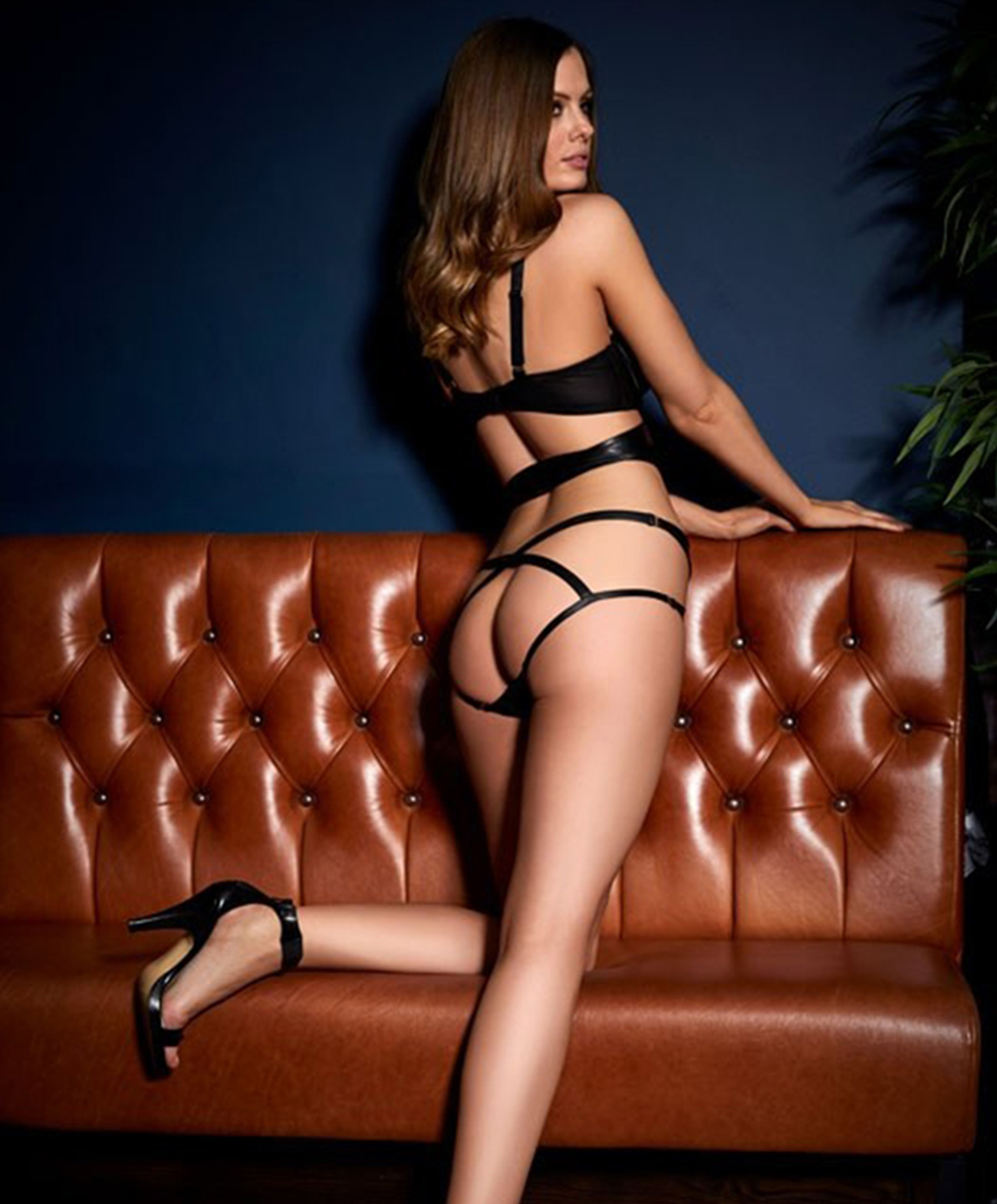
Made in Britain
The term ‘Made in Britain’ can prove a very fine line to walk. Many companies claim to be ‘Made in Britain’ when only a portion is, or sometimes just the final assembly of a product takes place in the UK. Currently, there is no official regulation to oversee this.
So while we encourage you to buy British, we also urge you to delve a little deeper into your brand’s background – as a ‘British’ purchase that may clear your ethical consciousness may not truly be British.
To be truly made in Britain comes with a sense of pride, connoting values of quality, being able to contribute to the historic heritage of British textile, creating jobs, developing and preserving British craftsmanship, while also ensuring the fair treatment and pay of staff.
While a bargain purchase may be saving you a couple of pounds, it inadvertently is guaranteed to be causing suffering somewhere else in the chain, and women in one country cannot be empowered at the hands of exploitation of others elsewhere.
Labour MP Mary Creagh succinctly stated “clothes are sold at pocket money prices, costing little more than the price of a coffee, and are treated as just as disposable”, while Forbes reiterated that it is impossible to produce those garments for product price while also paying their workers a national minimum wage.
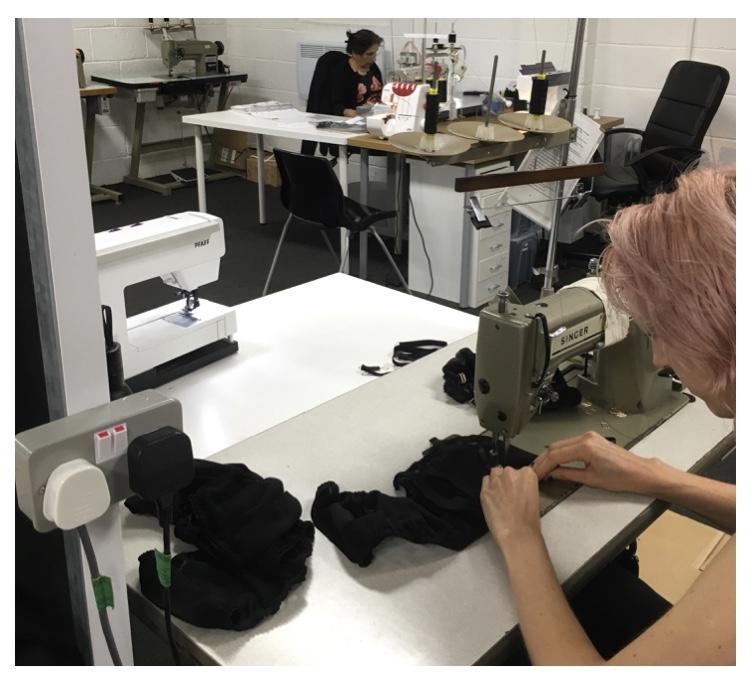
We want you to consider your Something Wicked pieces as investment pieces. Everything at Something Wicked is made to last, designed to stand the test of time. Using the highest quality fabrics available, crafted by women paid fairly, using indispensable skills which take time to master.
Why does this matter, especially now? Well, the British fashion industry is complex, full of pros and cons; a problematic web woven with threads of fashion, manufacturing, consumption, supply chains. Britain has a rich illustrious textile heritage, however British fashion manufacturing today is a hollow shell of what it once was. A century ago, there were over 2000 textile mills in the North of England – from where Something Wicked hails. Today only a handful survive.
In the 1950’s, there were 80 footwear factories in Northamptonshire producing 20 million pairs of shoes a year; now, there’s less than a dozen. The demand for wanting more for less has driven companies overseas, where production costs are far cheaper – up to 37 times cheaper. In doing this, the fast fashion industry has seen a huge increase in sales of things such as the £5 dress, the £1 bikini, or brands with constant high discount sales on.
Manufacturing
One woman who is championing the Made in Britain movement is Kate Hills, founder of Make it British, who is striving to educate and emphasise the value of British manufacturing, encouraging brands to bring it back home. Something Wicked is a ‘Make It British’ verified member, which can only be approved upon proving that 100% of a company’s production takes place in the UK.
British manufacturing accounts for £192 billion of output, employs 2.7 million people, earning a wage 13% higher than the national average, and, as of 2019, was valued at £393 billion. British textile manufacturing specifically annually adds £11.5 billion to the British economy and creates over 340,000 direct jobs across over 79,000 companies. While the British Fashion Council reported that the modern fashion industry is the 15th largest in the UK (out of 81), and the fashion business contributes £37 billion to the UK economy, it is also one of the most polluting industries.
Not only in terms of the £140 million worth of clothing going to landfill each year, which is often misconstrued as the main contributor of fashion and textile waste. Fashion can be toxic from the very start of its life, not just at the end. Greenpeace reported that textile production accounts for global emissions equivalent to 1.2 billion tonnes of CO2 every year – that is a bigger carbon footprint than all international flights and shipping combined.
Consumption
While ethical production is key to really tackling the issue, considered consumption is something we can all do to make a difference. Britain has the highest volume of clothing consumption each year in Europe – estimated around 1.1 million tonnes, equating to around 26.7kg per person in the country. “I might never wear it, but it was only a couple of quid” – it’s a phrase said and heard all too often.
Compared to consumers 15 years ago, today’s shoppers spend 60% more on clothing, and keep them for half as long. In the UK, the estimated average lifespan for a piece of clothing is under 2 years and 3 months. While it can be tempting to indulge in a brand’s mega-reduction sale, the likelihood is these pieces will be worn a handful of times before they are no longer ‘on trend’, before they get donated, sold on, or fall to pieces, as low cost generally correlates with low quality.
To combat this, perhaps think of purchasing pieces that will become wardrobe staples; that are investment pieces, that are manufactured to stand the test of time, and that are timeless pieces you can’t fall out of love with.
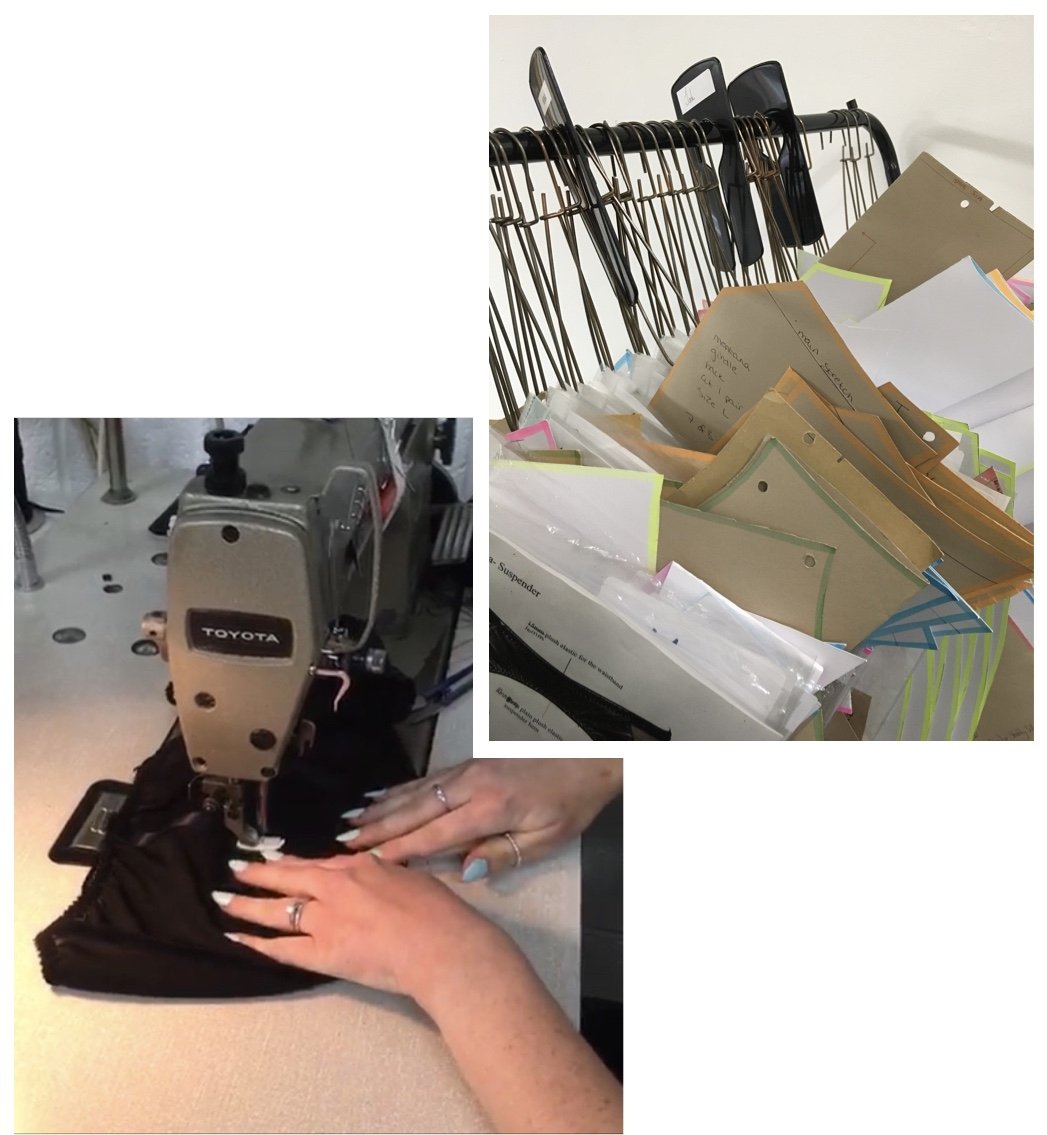
Covid-19
Throughout the recent Covid-19 pandemic, many industries, not just fashion, have been devastated by the inability to import and export due to border restrictions to help contain cases. Ethical Corp reported that there are mountains of unsold stock due to long complex supply chains that span the globe – which also contribute to the issues of high carbon footprint and unnecessary consumption.
For the few brands that may not have been affected by this, it’s likely they’ve been affected by the changes in consumer behaviour; as physical stores close and shoppers prioritise spending on necessities. However, the pandemic has also increased consumers’ interest in sustainability – a survey of consumers carried out in March suggested 20% wanted to support independent businesses.
While this blog post may seem overwhelming with figures and findings, the overall message is rather simple. Everything has a cost. And while you may be saving on the monetary cost when purchasing a ‘bargain’ piece of clothing, there is a real cost occurring somewhere else in the chain; whether that be ethically, morally, environmentally.
Not only a verified Make It British brand, Something Wicked is partnered with Future Fashion Factory, striving to create more career opportunities while simultaneously valuing the skill and craftsmanship that is required to produce luxury leather lingerie. And while no one can be perfect and there’s always room for improvement, a little change really does go a long way.
So although everyone has a little guilty pleasure, we believe that true pleasure should never be guilty…






